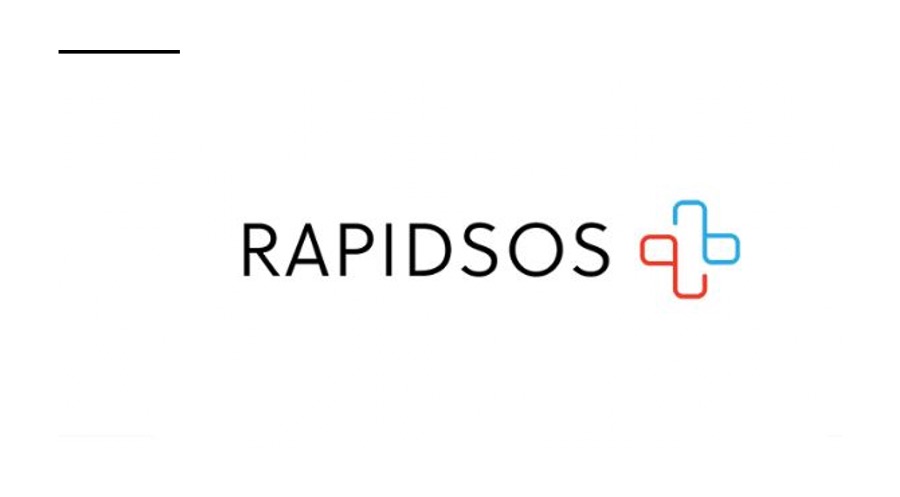
RapidSOS announced the launch of two new platforms—Unite and Harmony—designed to address personnel shortages and stress challenges in 911 centers. These platforms leverage multiple data points and automate routine tasks associated with emergency calls and digital alerts.
CEO Michael Martin emphasized that the new capabilities in Unite and Harmony, many of which are powered by artificial intelligence (AI) and expected to be available later this year, are intended to support 911 telecommunicators rather than replace them.
“We constantly marvel at the ability of humans to rapidly assess and manage the most challenging situations,” Martin stated during the company’s webinar. “Technology will never replace the talent, ingenuity, and professionalism of public safety personnel. But we believe AI can act like a copilot, providing crucial information at the right time to skilled responders.”
Martin described Harmony as the “AI copilot for public safety,” powered by a large-language model designed to support 911 and first responders. Harmony is built to learn and improve over time, validating data against other RapidSOS sensor feeds and sources.
“Harmony is designed to learn alongside you,” Martin explained. “It will begin by automating mundane and repetitive tasks and eventually leverage RapidSOS’s network of sensors to surface key insights while your team manages core responses.”
As an example, Martin illustrated a scenario where Harmony deciphers data from multiple automated 911 calls during a car accident, identifying the vehicle as electric and overheating while alerting responders about the driver’s severe medical condition.
“We’ll use AI to automate the mundane work,” Martin said. “Repetitive tasks will be handled by AI, allowing public safety personnel to focus on responding to emergencies and saving lives. Expect more from RapidSOS Harmony in the coming months and years.”
Karin Marquez, Chief Public Safety Brand Officer for RapidSOS, announced that RapidSOS Unite represents a rebranding of the company’s existing services—Portal and Premium—into a single system with new capabilities.
“RapidSOS Unite addresses the need for a flexible ecosystem that includes both our no-cost capabilities and an expanded suite of paid modules,” Marquez said. “All existing functionalities will remain, with expanded modules and capabilities for Premium users to customize their needs. Unite centralizes workflows and data for all communication methods needed in emergency response.”
Unite will also let public safety leverage video inputs to improve responses, Marquez added. “Video can provide full situational awareness for dispatching the right units and protecting responders. We’ve integrated multimedia responsibly, using AI inside RapidSOS, to provide access to over 10 million security cameras and request caller camera feeds with important safety features.”
Will Robinson, Quality Assurance Lead at RapidSOS, noted that Unite includes four new modules to help public-safety agencies better utilize GIS, handle translations, extend situational awareness to field personnel, and support single-sign-on functionality. Additionally, the Intelligent Analyst module is expected to help 911 centers handle high call volumes more efficiently and support AI-powered forecasting.
“This is just the beginning,” Robinson said. “We will continue working with the public-safety community to expand these modules and build the future of intelligent safety together. It’s exciting to see how these tools will operationalize billions of data points from RapidSOS.”
